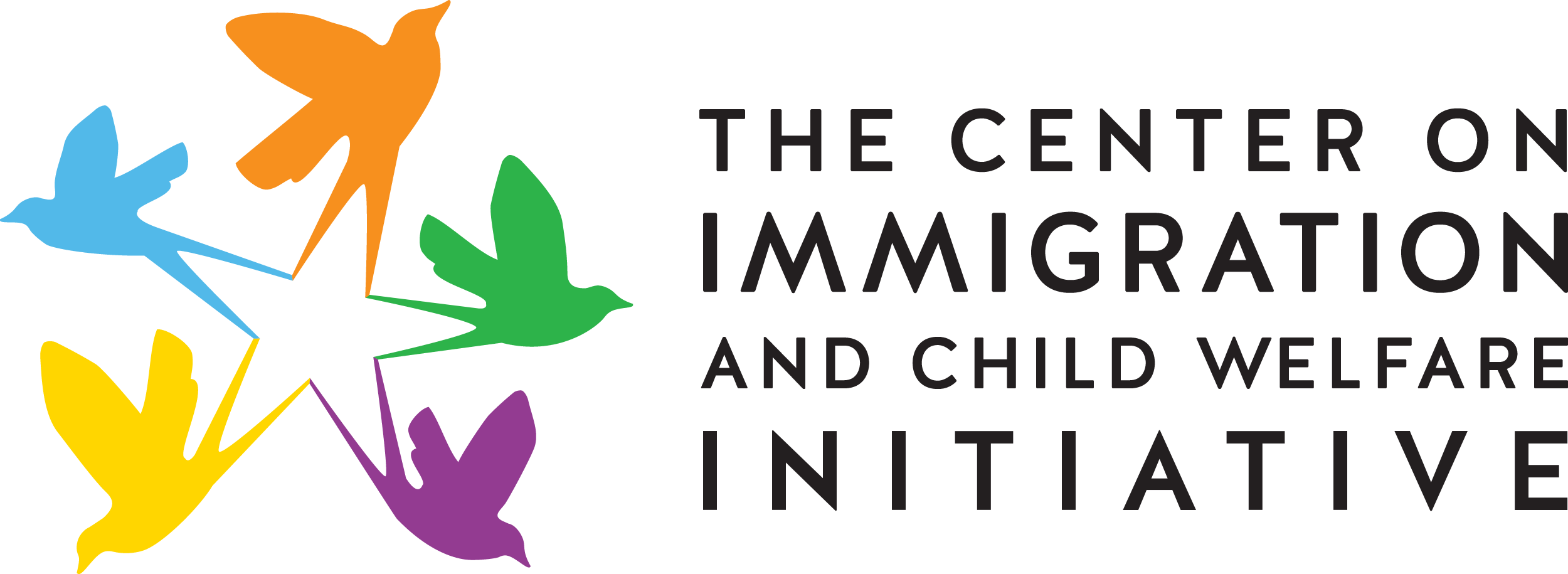Four Strategies to Improve Community Services for Unaccompanied Children in the United States
Jonathan Beier, Lauren Farwell, Rhonda Fleischer, & Essey Workie; Migration Policy Institute (December 2022)
This brief outlines service gaps and barriers for unaccompanied children transitioning from federal custody into U.S. communities and provides resources and promising practices for community organizations, government agencies, and funders to improve supports for these children.

